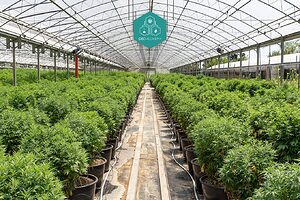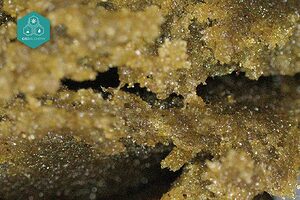- Key Takeaways
- The Art of Hash Production
- Global Hash and Hash Oil: A Tour Around the World
- Modern Hash Innovations: Bubble Hash and Rosin
- Choosing the Right Hash for You
- The Future of Hash: Legalization, Research, and Innovation
- Summary
- Frequently Asked Questions on Hash Varieties and Production Techniques
- Are there different types of hash?
- What are the different colors of hash?
- What is a good-quality hash?
- Why do different hash types result in varying lengths?
- How many hash varieties are there?
- What colors can hash exhibit?
- Identifying High-Quality Hash Types: What to Look For?
- Exploring Moroccan Hash: What Sets It Apart?
Navigating the various hash types can shape your cannabis experience. This article demystifies the differences, focusing on taste, potency, and production methods. From hand-rubbed to solvent-based extractions, understanding these distinctions can refine your selection. Ready to learn which hash suits your palette? Let’s delve into the nuances that set them apart.
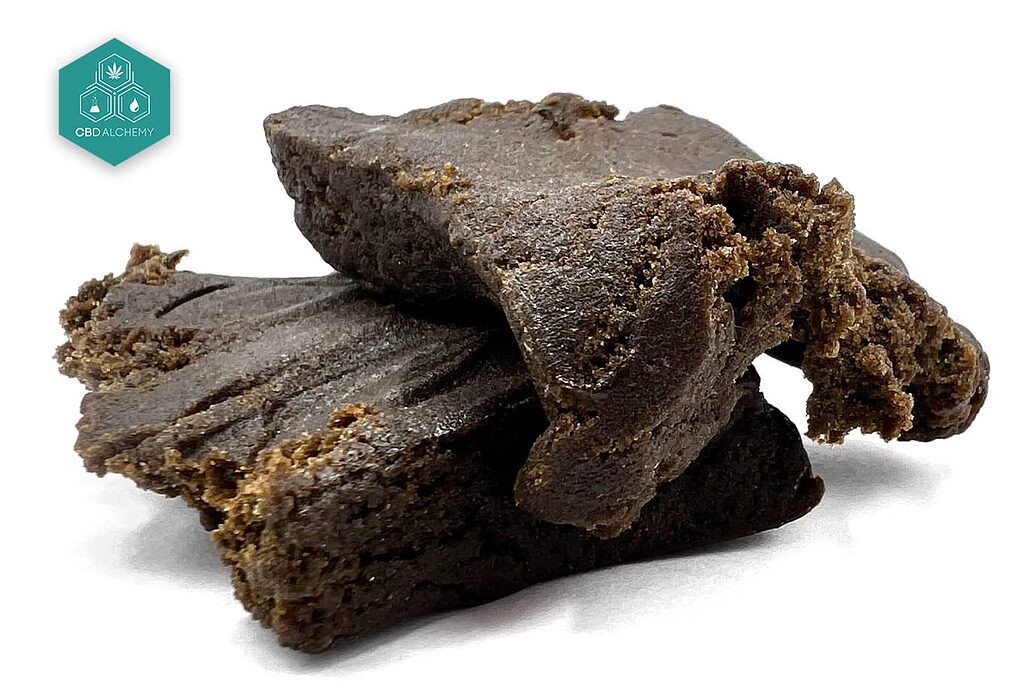
Key Takeaways
- Hash production methods significantly affect the final product’s characteristics, with techniques ranging from traditional hand-rolling to advanced solvent extraction, each offering distinct flavors, potency, and purity levels.
- Global hash varieties reflect diverse cultural practices and preferences, offering many experiences, from the milder Moroccan hash to the potent punch of Pakistani hash, each with its production methods and unique effects of hashish.
- The future of hash looks promising with modern innovations like bubble hash advancements and the rosin revolution. At the same time, burgeoning legalization and research efforts across the globe could lead to new possibilities in cannabis use and policy.
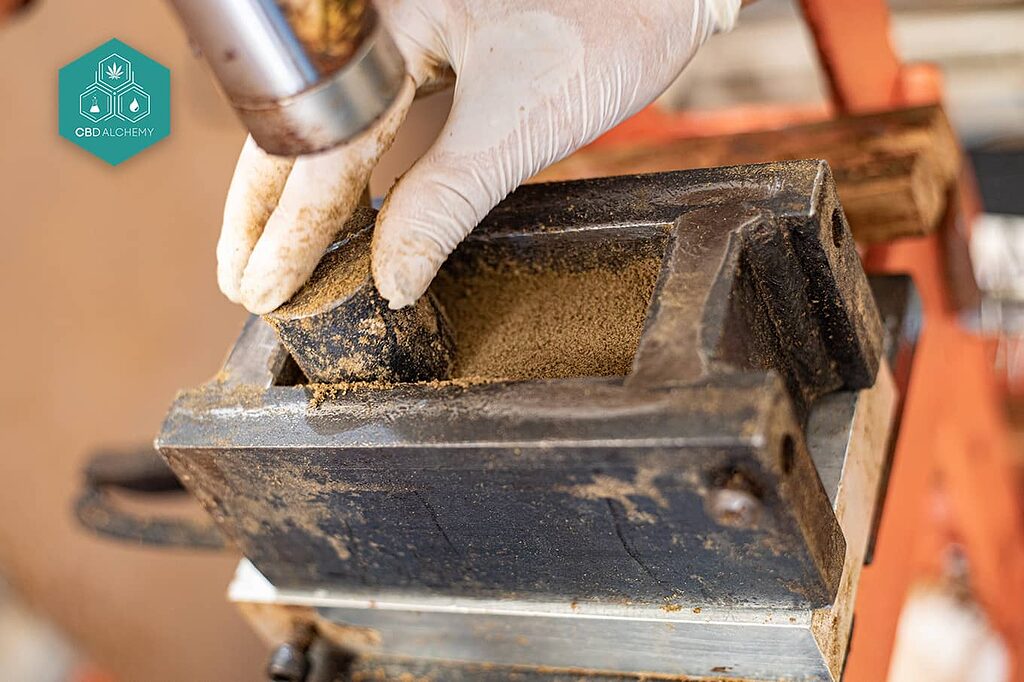
The Art of Hash Production
Embarking on the creation of hash is much like embarking on an international gastronomic adventure. As each recipe bestows distinct flavors, so does every technique used to make hash—from time-honored hand-rolling methods to cutting-edge rosin processes—bestow specific qualities upon the final product.
This can be likened to crafting a flawless cup of coffee where the origin and treatment of beans (akin to cannabis plants), how finely they are ground (analogous to extraction practices), and the chosen brewing approach combine harmoniously for a stimulating sensory experience.
Advancements in production methodologies have heightened efficiency in extracting resin from dried, cannabis flower buds.
Techniques utilizing solvents or eschewing them entirely offer unique benefits. Non-solvent extractions such as dry sift, and traditional hand-rubbed techniques preserve more original plant flavor profiles, delivering a genuine encounter with cannabis essence.
Meanwhile, solvent-based methods focus on isolating purity and maximizing potency, presenting users with an intense concentration of what makes the cannabis plant powerful.
Dry-Sift Method
Imagine a chef filtering flour to understand the dry sift technique. This straightforward procedure consists of shaking or rubbing dried cannabis buds and plant material over the fine mesh, separating, and gathering trichomes to create resin.
The method can be enhanced with ‘pollen boxes,’ which are large screen versions designed to produce hash more efficiently.
How is high-quality dry sift assured? It’s through progressive purification using several screens with different meshes.
Freezing the dried cannabis flower before sifting renders the trichomes more fragile and easily removed, yielding an excellent grade of dry sift hash that will please any enthusiast of cannabis products.
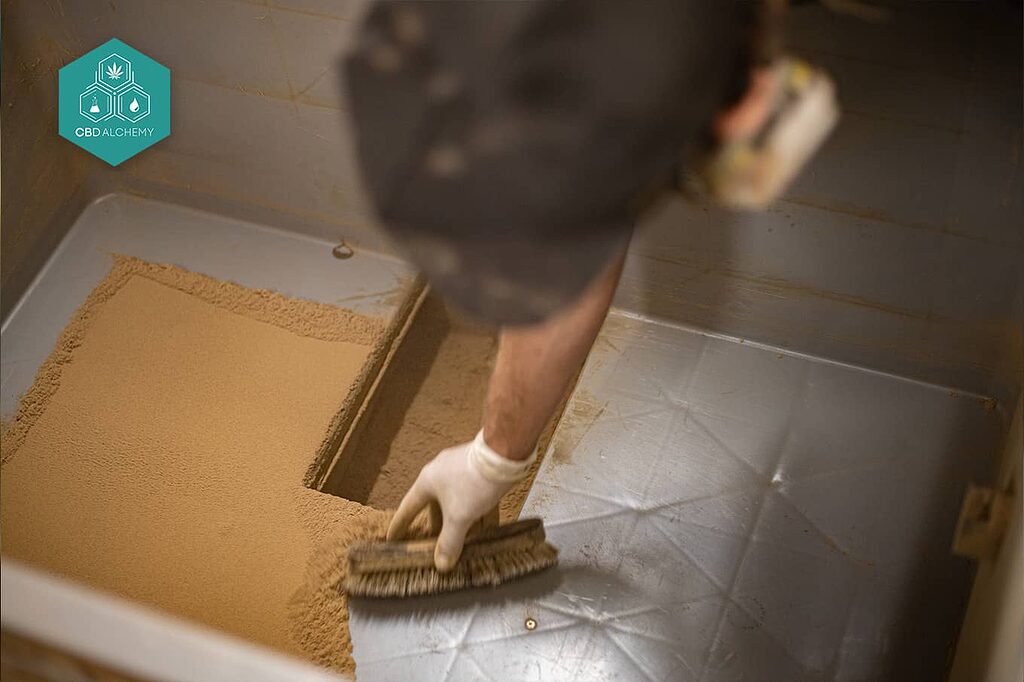
Hand-Rubbed Technique – Dark Brown
The creation of hand-rubbed hash is the art of caressing mature cannabis plants. By gently rubbing live cannabis buds from fully grown cannabis plants, one can gather the plant’s resinous secretions.
Unlike brittle varieties of hash, this method produces a distinctive kind with a unique texture and look: it takes on an external smoothness with shades ranging from black to brownish-black. It reveals an interior that is softer and browner.
As for its culinary counterpart—a finely aged wine—the flavor nuances of hand-rubbed hash are highly valued connoisseur delights. Each taste serves as evidence of the thoughtful process behind its production.
Once harvested, fresh buds from these resin glands are then hardened by freezing, which facilitates their detachment into what will become the consummate end product – richly flavored live cannabis-derived hash.
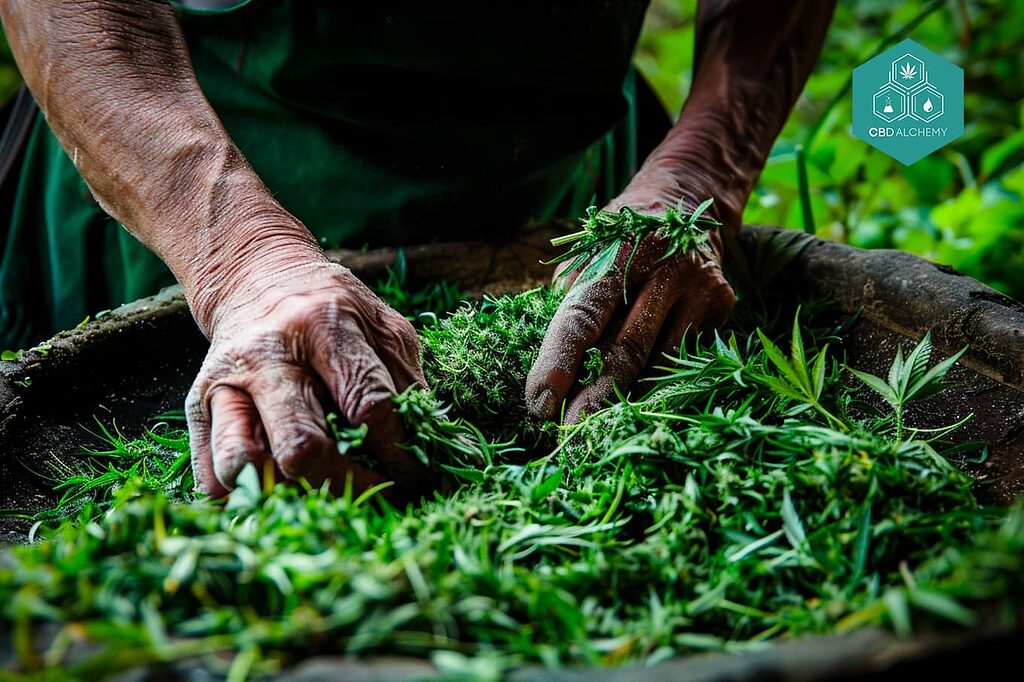
Bubble Hash Process
Bubble hash is a modern marvel in the realm of hash production. The technique includes:
- Immersing frozen cannabis buds into freezing water
- Stirring them up
- Trichomes are detached due to the low temperature and gather after that
- This results in a high-strength concentrate devoid of any chemical solvents
The procedure can be performed by hand or with a mechanical washing machine for hash when dealing with larger quantities.
The enchantment within bubble hash creation hinges on its filtering process. As the concoction passes through successive mesh screens, known as bubble bags, each marked by different micron measurements, it segregates various purity levels of hash.
What’s achieved at completion? A premium-quality extract that varies in consistency from powdered crystal if left uncompressed to gentle and tacky when compressed.
Utilizing fresh-frozen cannabis allows for capturing an entire spectrum of terpenes, offering enthusiasts a product loaded with flavor and robust effects, hence positioning bubble-hash highly favored for both its pureness and strength.
Solvent Extraction
Consider the solvent extraction approach as a modern twist on the traditional methods of producing hash. This method harnesses various chemical and organic solvents, including butane, propane, ethanol, and CO2, to strip away the heads of trichomes from the cannabis plant.
The result is a high-purity form of cannabis concentrate. Each chosen solvent influences not only the process itself but also yields concentrates with distinct textures and flavors.
Take BHO (butane hash oil) extraction, for instance. It involves dissolving cannabis resin in butane before using heat within a vacuum to purge it — this refines it into an exceptionally pure concentrate. In contrast, PHO extraction utilizes propane, which typically results in extracts with budder or wax-like consistencies while better-retaining terpenes due to its lower boiling point.
Meanwhile, methods like QWET (Quick Wash Ethanol Technique) and QWISO (Quick Wash Isopropyl), use ethanol as their extracting agent, providing those outside professional settings with a fastidious yet secure means of crafting their cannabis concentrates at home.
To these techniques enthusiasts and artisans use, specialized laboratories use CO2 oil extractions, producing clean extracts devoid of residual solvents. However, they may experience some diminished terpene variety, leading to potentially less flavorful outputs.
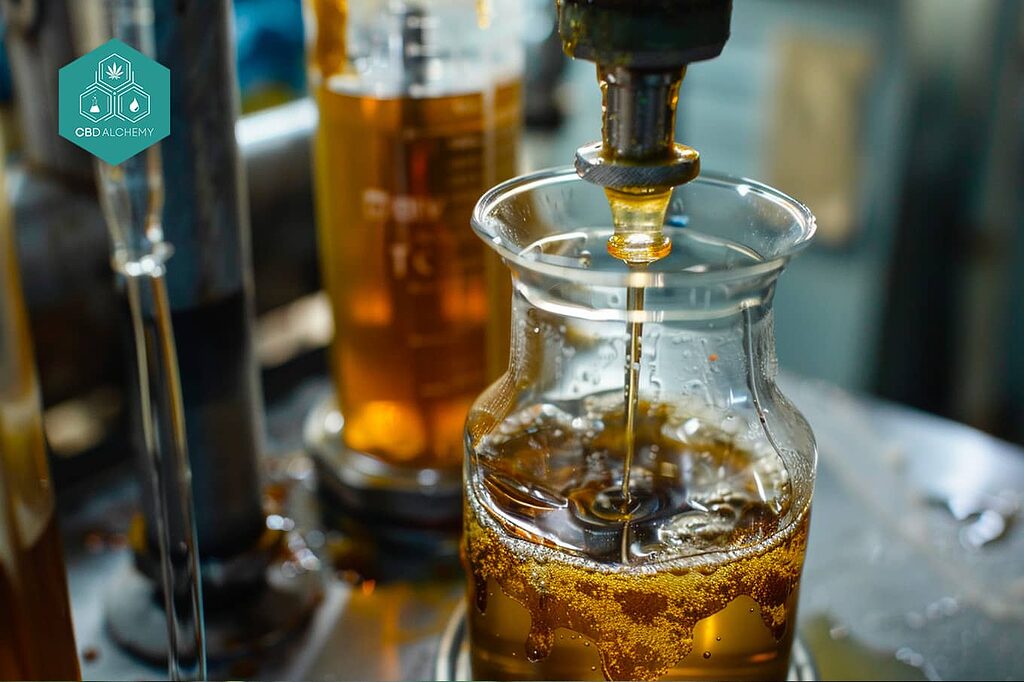
Global Hash and Hash Oil: A Tour Around the World
Are you intrigued by the idea of a worldwide adventure? Embark on one with hash as your guide! The world boasts an incredible assortment of hash, each hailing from different regions and distinguished by unique attributes and sensations.
Travel through the flavors, enjoying everything from the West’s fragrant Banana Zkittlez Ice hash to the East’s hearty Blondie 00 variant—a treasure trove for those seeking diverse indulgences.
Craving something intense? Try Elephant Hash. Would you prefer a touch of sweetness? Manali Cream awaits. Or if you’re after something with a strong kick, Pakistani Hash will not disappoint. Each kind of creamy hash stands as an homage to its native culture’s rich traditions and the creative advancements propelling forward in today’s vibrant hash production marketplaces around the globe.
Moroccan Hash cannabis
Regarded as the smooth jazz of the hash world, Moroccan hash is known for its aromatic profile and mild intensity. This has earned it considerable favor among those who seek a calming and soothing high. Displaying shades ranging from dark green to brown, this form of cannabis concentrate varies in texture – with Moroccan brick hash often presenting as tough and brittle. In contrast, Moroccan pollen hash tends to be more pliable.
Moroccan hash’s distinct qualities render it an adaptable option suited both to long-time enthusiasts and newcomers delving into cannabis concentrates like Moroccan hash. Its lower potency level ensures that users can savor its deep flavors and scents without being overpowered by its effects—ideal for unwinding during peaceful evenings.
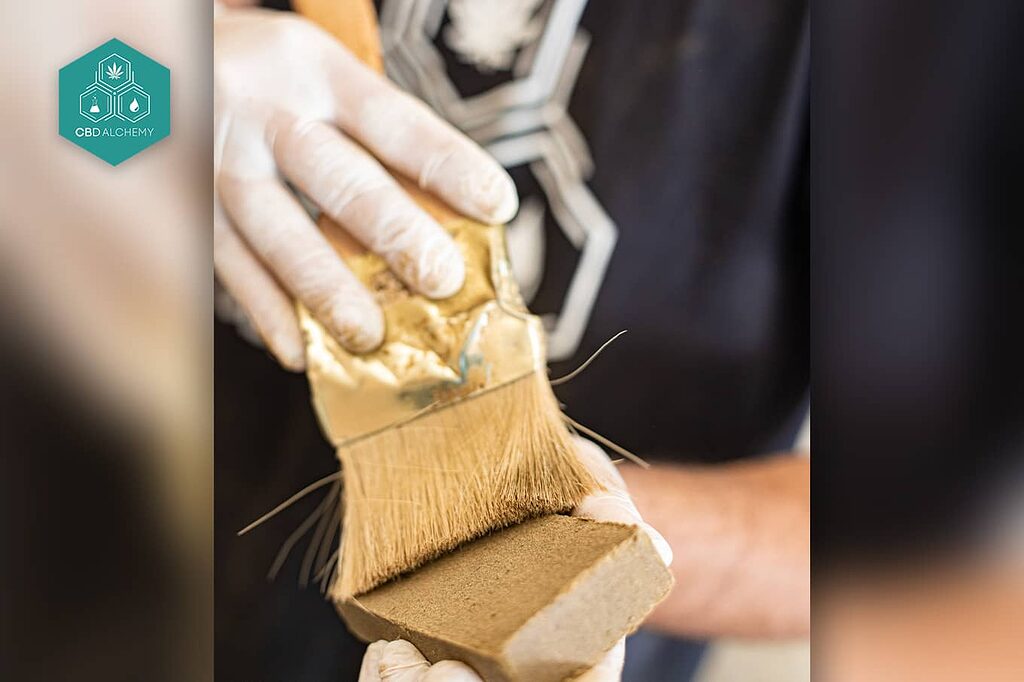
Lebanese Hash
Comparable to a piquant salsa that leaves an indelible mark, Lebanon’s hash is robust and rich in flavor. It is distinguishable from mild hash by its strong impact and aromatic spice, offering an unmatched sensory adventure. The primary variants are the Yellow Lebanese, which induces a lively social high, and the Red Lebanese, which tends to lead users into a deep state of contemplation.
Lebanese hashish production caters to diverse preferences. Whether one seeks energetic dialogue or tranquil self-reflection, its distinct qualities have garnered admiration from both aficionados of hashish as well as occasional consumers. Thus, for those seeking extra zest in their encounter with hashish, opting for Lebanese hash would be ideal.
Nepalese Hash
Nepalese hash captures the essence of the Himalayan atmosphere. Created through a hand-rolling process, this sticky substance delivers an intense body stone sensation and is highly sought after for its powerful effects. The high moisture levels in areas such as Nepal make traditional drying techniques challenging, making Nepalese hash particularly renowned for its artisanal, handcrafted production.
The notable Nepalese Temple Ball variety distinguishes itself by how it’s crafted—cannabis buds are meticulously rolled and pressed into spherical shapes that offer a distinct tactile and aromatic indulgence. For those who yearn to embrace the mountainous spirit of Nepal from afar, savoring Nepalese temple hash could serve as your passage there.
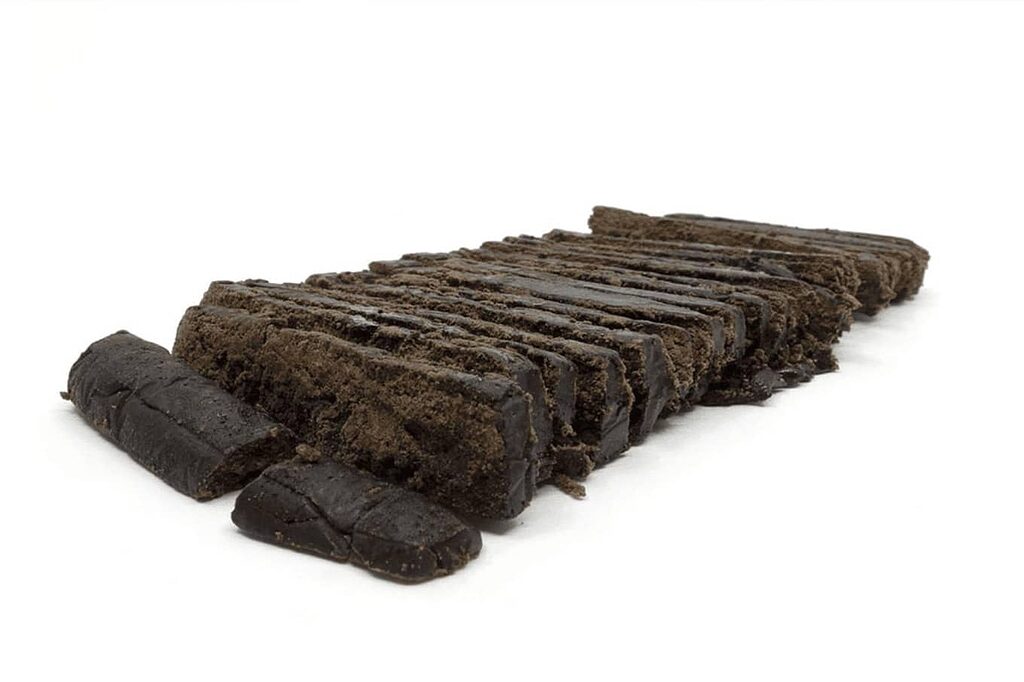
Pakistani Hash
Pakistani hash packs a powerful punch similar to a concentrated espresso shot and is renowned for its deep black hue and distinct spicy scent. This type of hash yields an intense and enduring narcotic impact that is not recommended for those with low tolerance levels. Though it may be somewhat rough on the throat for novices, the formidable results are considered by many as worth the initial discomfort.
Regarded as ‘Awal Namber Garda,’ the premium grade Pakistani hash stands out for its superior quality and prestigious reputation within high-quality circles. This variety promises just that for those pursuing a robust effect and extensive duration from their hash experience. Users should approach with caution and consume judiciously.
Turkish Hash
Turkish hash, akin to the elegance of finely woven silk, is crafted with care and sophistication. It’s made by compressing kief into dense blocks and then subjecting them to heat until they turn into large black chunks known for their smooth texture and gently robust effects. This premium-grade Turkish hash distinguishes itself by its rock-like firmness, its breakable nature, and a distinct scent tinged with spiciness—traits that celebrate its homeland when referred to as Turkish hash turkey within cannabis circles.
For connoisseurs who appreciate the nuances of different hashes and novices exploring these products for the first time, Turkish hash promises an encounter that stands apart in richness yet remains accessible due to its mild potency. The subtlety of this variety makes it particularly suited for those looking forward to unwinding gracefully through a leisurely exploration of taste without becoming overpoweringly high—an excellent selection for easing into a tranquil night steeped in sensory pleasure.
Modern Hash Innovations: Bubble Hash and Rosin
Exploring the trajectory of hash from its past to its present inevitably leads us to ponder what lies ahead. The domain of hash is in a state of flux, with contemporary breakthroughs charting new paths. Given its storied history, whether it’s progressive strides in crafting bubble hash or the burgeoning trend of rosin tech, there’s much to anticipate about where hash might be headed.
These cutting-edge developments aim to amplify hash products’ efficacy, strength, and cleanliness. This makes them progressively attractive options for users seeking either therapeutic benefits or leisurely enjoyment. As reforms worldwide continue shaping regulations and methods for producing hash. We’re witnessing an era of processing cannabis that holds great promise for both potential health applications and evolving legal frameworks surrounding this ancient formulary substance.
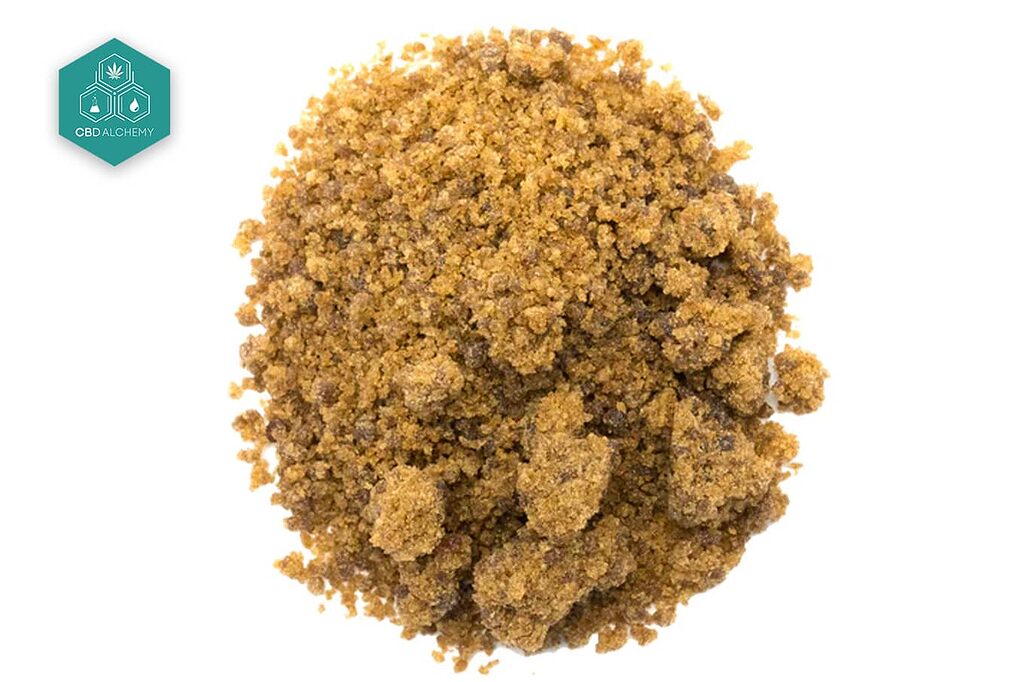
Bubble Hash Advancements
Recent years have brought about notable improvements in bubble hash production, thanks to the introduction of cutting-edge technologies and refined techniques. An example is the incorporation of freeze-drying technology that expedites the drying process while improving the purity level of the end product.
A substantial enhancement has been achieved through utilizing reverse osmosis filtered water during production. This method filters out harmful chemicals such as chlorine and fluoride from the water, which could otherwise compromise the flavor profile of the hash. Consequently, this yields a superior-quality bubble hash with an exquisite sensory experience.
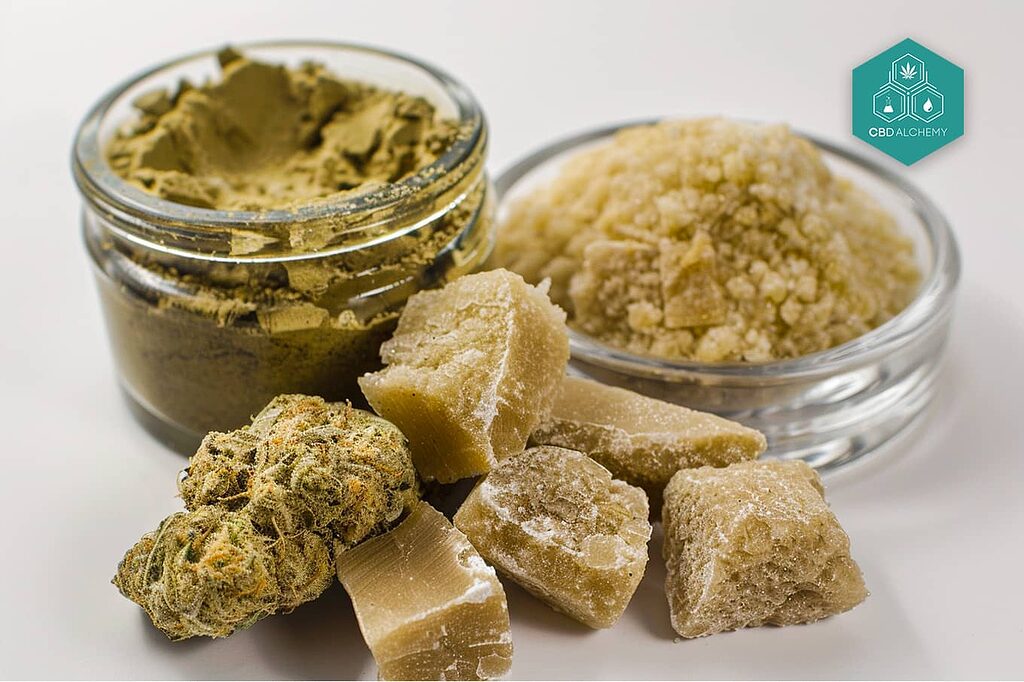
Rosin Revolution
The rosin revolution has brought a new level of sophistication to hash production. Rosin is a form of hash produced simply by applying heat and pressure to cannabis flowers, bypassing the need for complex extraction processes. This technique has led to the rise of rosin technology in the cannabis market, paving the way for cleaner, solvent-free cannabis concentrates.
The rosin revolution has also seen the development of various rosin presses, from manual home presses to automatic, commercial-grade equipment. These advancements are a testament to the innovation and creativity driving the hash industry, offering a glimpse into the exciting future of hash production.
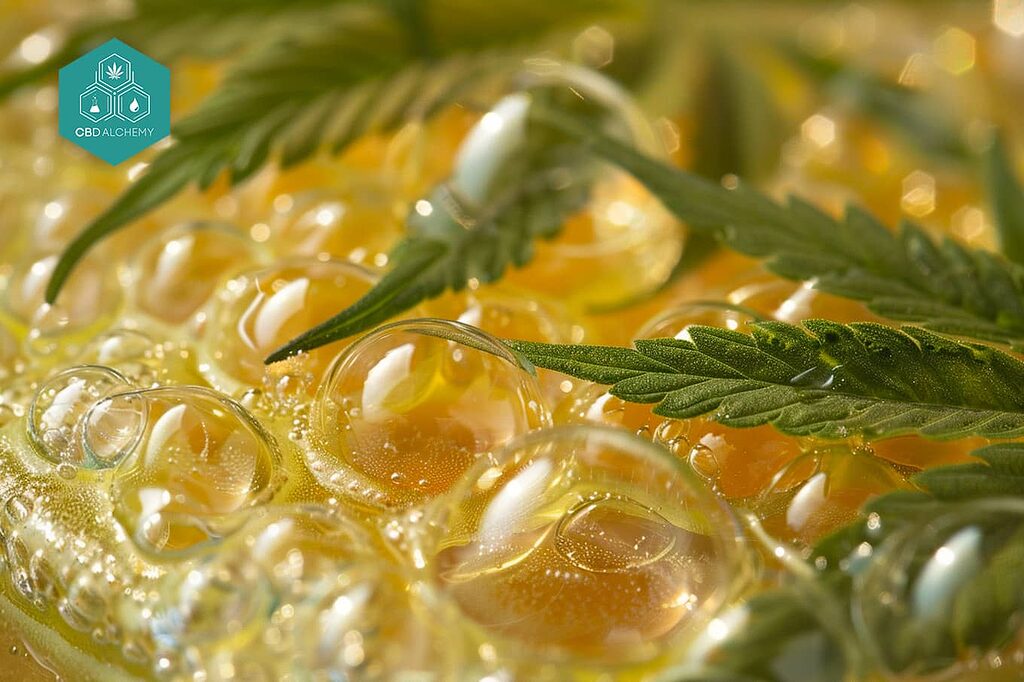
Choosing the Right Hash for You
Embarking on a search for the ideal hash is akin to seeking out an exceptional coffee blend—a journey tailored to individual taste. Hash offers various flavors, effects, and strengths, making it crucial to pinpoint the variety that aligns with your preferred experience. Evaluating hash quality and its expected impacts are critical steps in this pursuit.
Whether you’re well-versed in the world of hash or just beginning to delve into its nuances, it’s vital to sample diverse hash types. This exploration helps determine which kind resonates with your palate and meets your experiential needs. When indulging in any form of hash consumption, always practice moderation and responsible usage as precautions against undesirable outcomes.
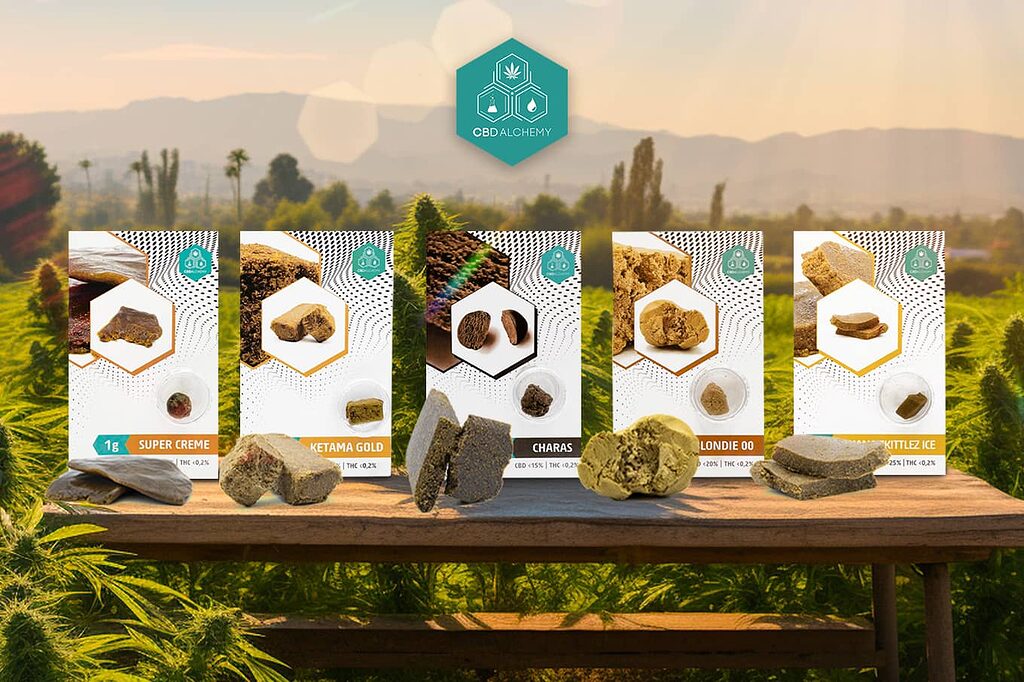
Assessing Quality
Evaluating the quality of hash is a crucial process akin to selecting an exquisite wine, where one must pay attention to scent, spicy aroma, texture, and appearance. A superior-grade hashish will exhibit characteristics such as:
- An enticing fragrance
- A sticky yet smooth feel upon touch
- A dark brown or black hue
It should also be devoid of off smells that seem stale, moldy, or resemble artificial plastic.
Substandard hashes would typically fail to display these qualities.
The ‘bubble test’ serves as one technique for appraising quality. It involves observing if a good hash creates bubbles when exposed to flame. Nevertheless, too much bubbling could suggest that other oils, like hash oil, have been mixed in. Subtle details like these ultimately enhance or detract from your enjoyment of the product.
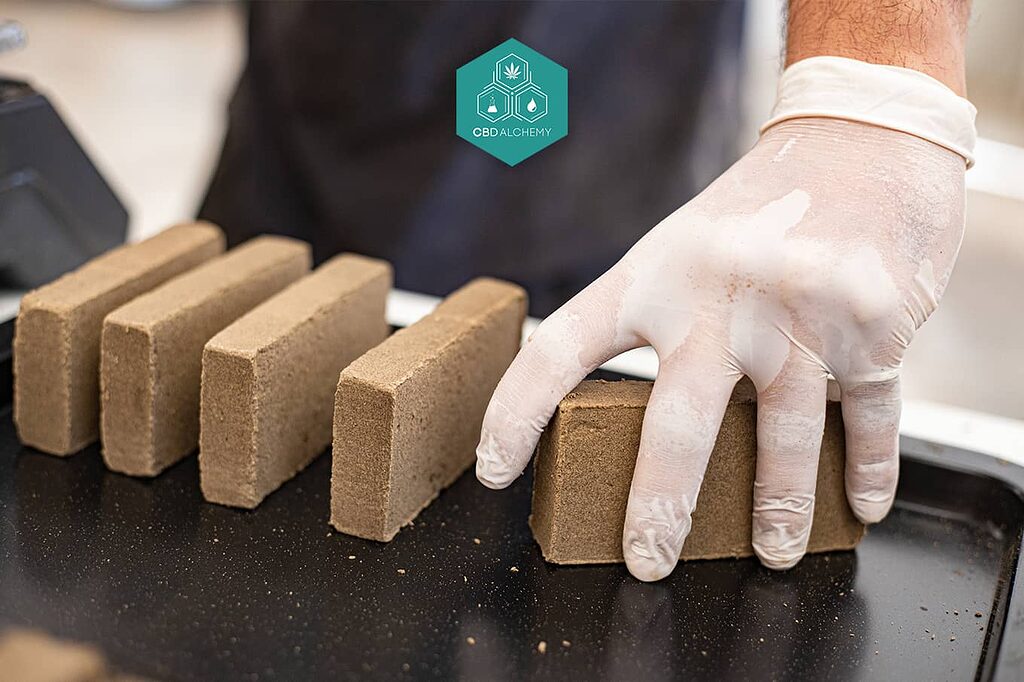
Desired Effects
Understanding the effects of different hash types is crucial to finding the perfect variety for your preferences. The strength, profile of terpenes, and balance between THC and CBD play significant roles in shaping your experience with it. For instance, Afghani hash typically produces a potent sedative effect, which could be described as ‘stony.’ In contrast, Turkish hash tends to have less intensity in terms of potency, offering a more cerebral high instead.

The Future of Hash: Legalization, Research, and Innovation
As we look toward what’s coming next, the ever-expanding universe of hash is as dynamic and exciting as the many types available. The trajectory for hash encompasses everything from legislative changes to pioneering research, enhancing how it’s produced. This segment holds a promise filled with endless opportunities. Moves are being made in Europe regarding legalization. Some nations are contemplating frameworks that would control cannabis use on par with substances like tobacco and alcohol.
Yet, it’s critical not to overlook this path’s inherent risks and hurdles. Proponents contend that by establishing a legal market for cannabis, benefits such as public health improvements, an upsurge in tax income, and diminished prejudices towards medicinal marijuana usage will follow suit. Despite these arguments favoring legalization prospects, opposition rooted in traditional perspectives and institutional barriers suggests that attaining complete regulatory acceptance remains an elusive goal.

Summary
As our journey through the world of hash comes to a close, we hope you’ve gained a deeper understanding and appreciation for this fascinating cannabis concentrate. From its rich history and diverse varieties to innovative production techniques and ongoing legalization efforts, hashish is a testament to the enduring allure and potential of cannabis. So, whether you’re a seasoned hash enthusiast or a newcomer, here’s to the next chapter in your hash adventure. May it be as unique and exciting as the hash itself.
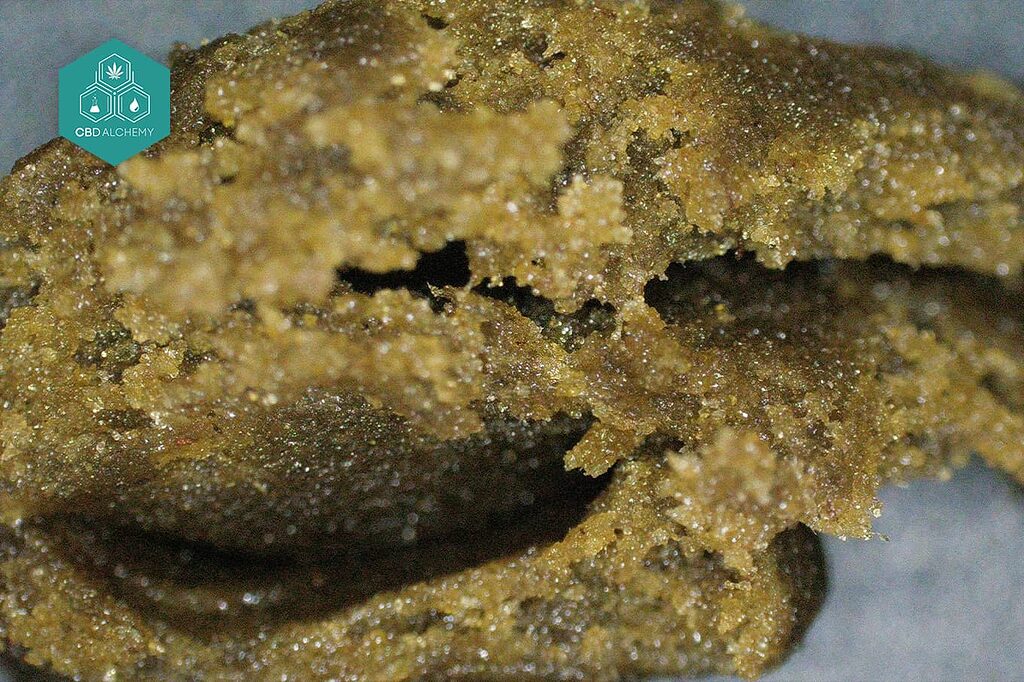
Frequently Asked Questions on Hash Varieties and Production Techniques
Are there different types of hash?
Indeed, various types of hash exist, including BHO and Rosin, each distinguished by their specific qualities and creation methods.
What are the different colors of hash?
Depending on the manufacturing technique and the quantity of residual plant material involved, hash may exhibit a spectrum of colors, including light or dark brown and transparent, yellow, black, or red hues. Its texture can range from brittle hash to easily breakable to pliable.
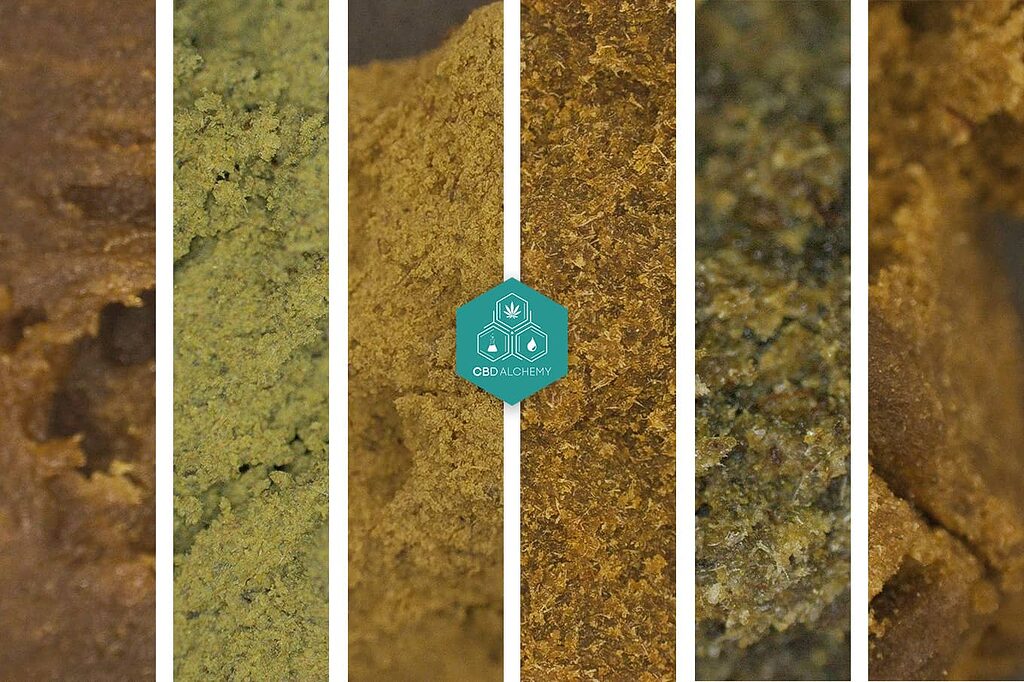
What is a good-quality hash?
For an optimal experience, seek out a hash that emits a fragrant and aromatic scent, which indicates good quality. Conversely, if the hash exudes a musty smell or resembles harsh plastic in odor, it suggests inferior quality or potential contamination. Such variants are best avoided.
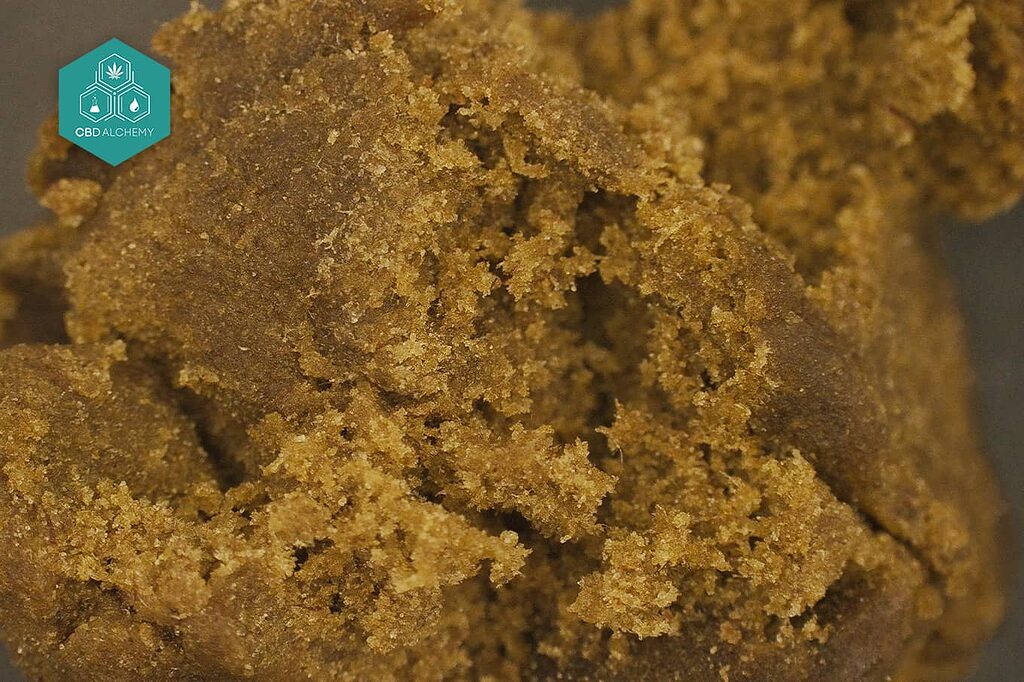
Why do different hash types result in varying lengths?
The length variation in hash types is primarily due to the extraction methods used and the original cannabis plant’s chemical makeup. Techniques like solvent-based extractions and traditional hand-rubbing influence the hash’s consistency, potency, and overall characteristics.
How many hash varieties are there?
The world of hash is vast, with numerous varieties, including but not limited to Bubble Hash, Lebanese Hash, Pakistani Hash, and Nepalese Hash. Each type of hashish hash is defined by unique production methods, offering various flavors, textures, and effects.
What colors can hash exhibit?
Depending on the production technique and the amount of plant material remaining, hash can display an array of colors, from light and dark browns to yellows, blacks, and even reds. Its texture may vary from brittle to soft and pliable.
Identifying High-Quality Hash Types: What to Look For?
A top-tier hash will have a compelling aroma, a sticky yet manageable texture, and usually a dark hue. Inferior quality hash might smell musty or like plastic, indicating contamination or poor processing.
Exploring Moroccan Hash: What Sets It Apart?
Moroccan hash, known for its mild effects and aromatic profile, comes in various qualities. The blonde Moroccan hash is prized for its gentle, soothing experience and distinctive golden color.


